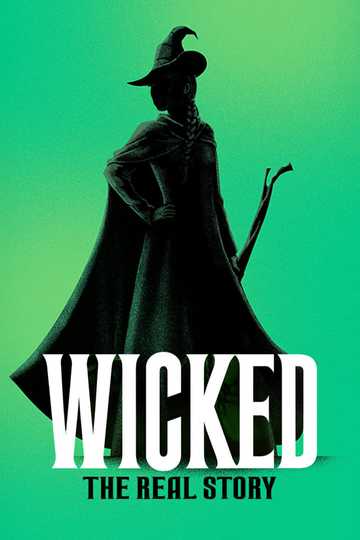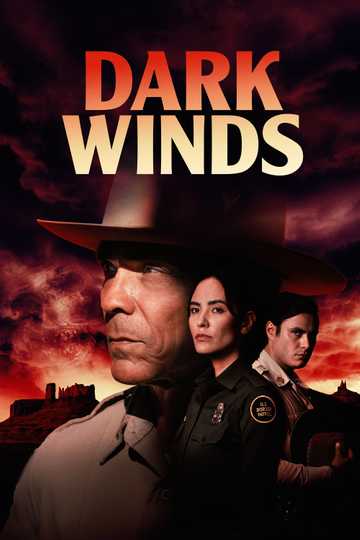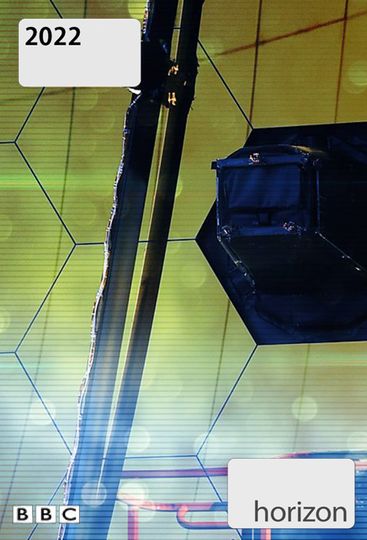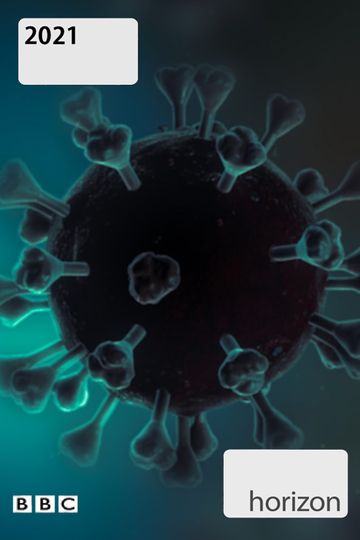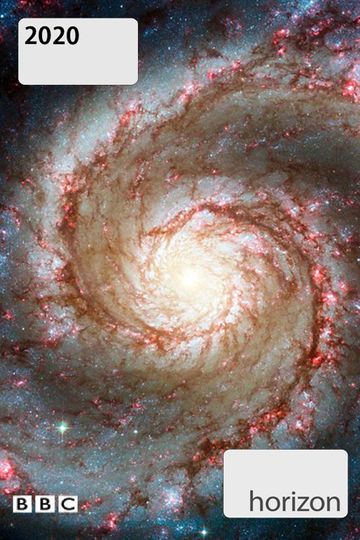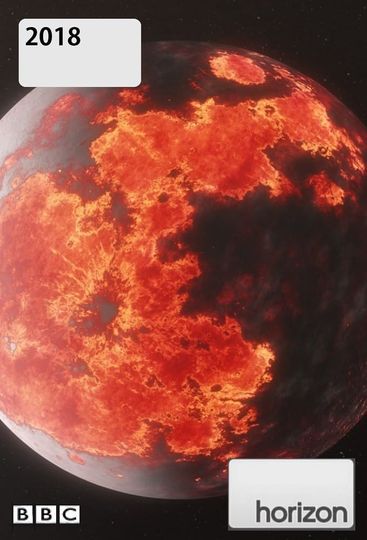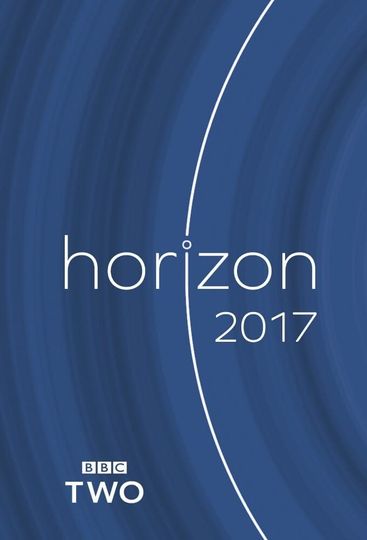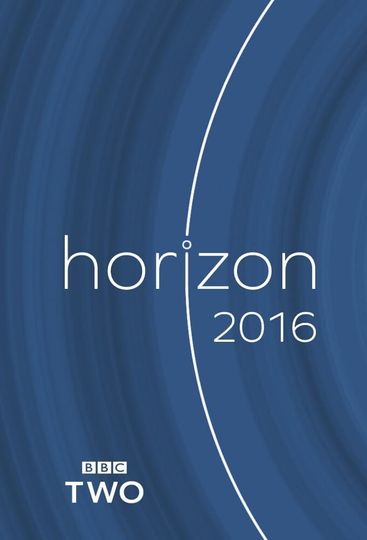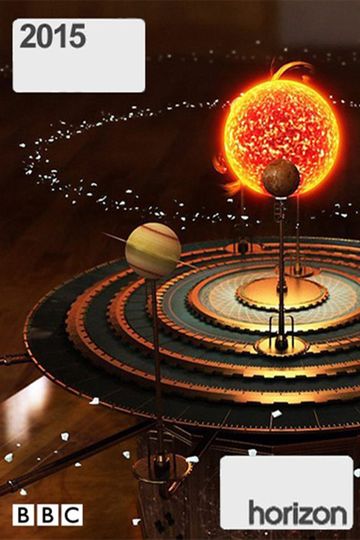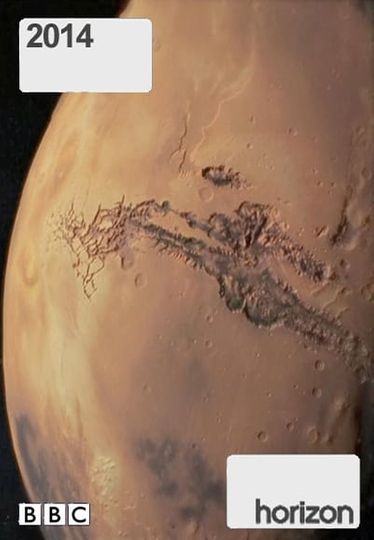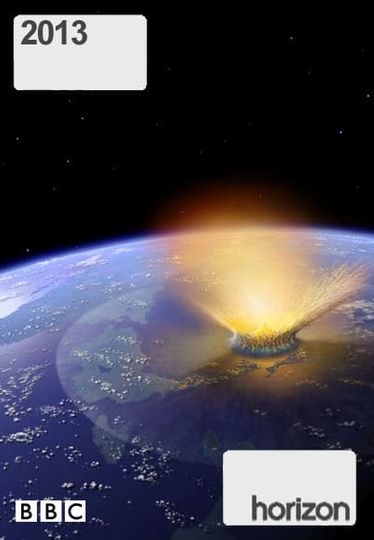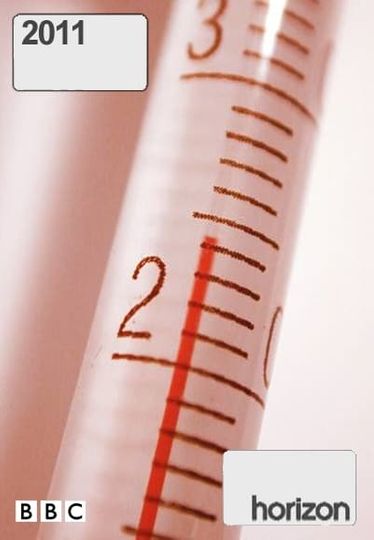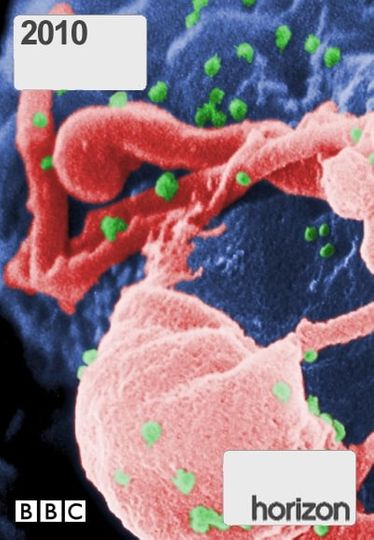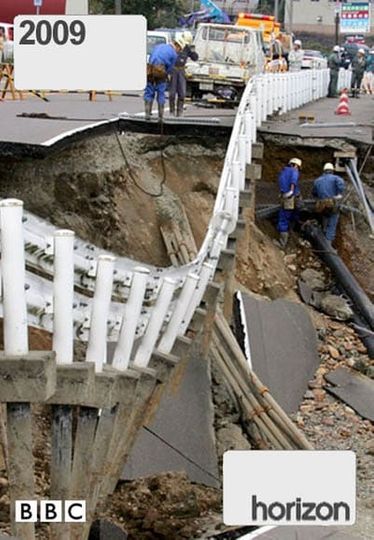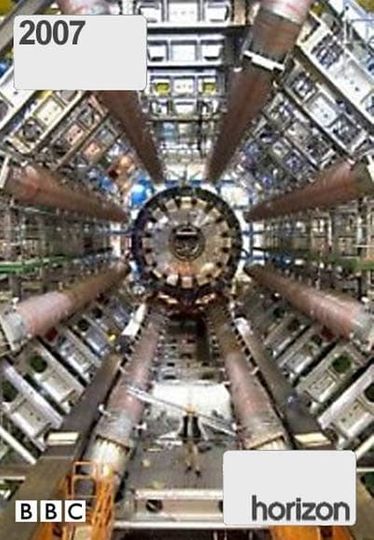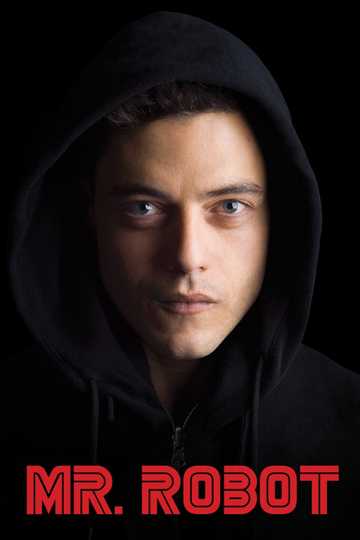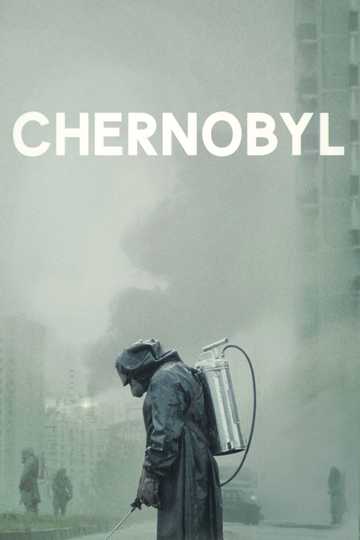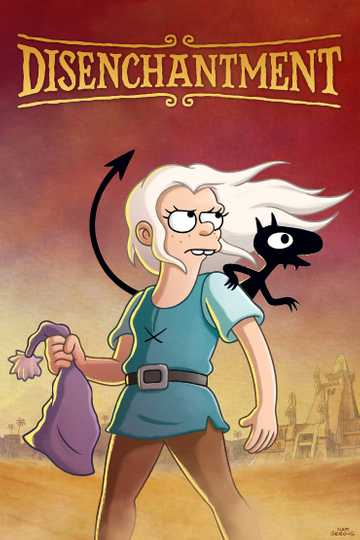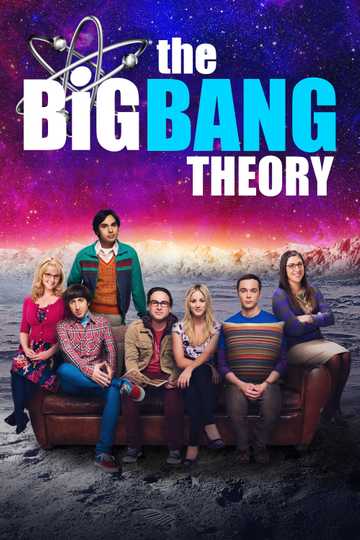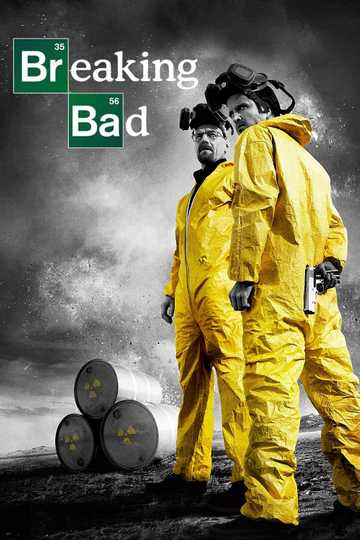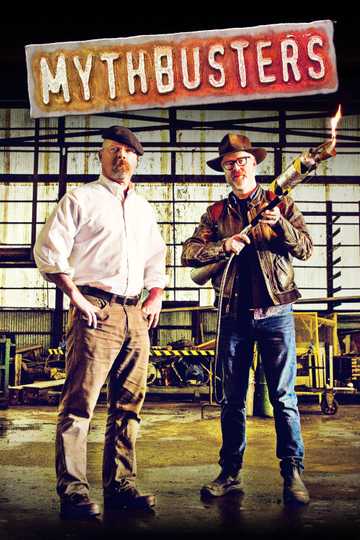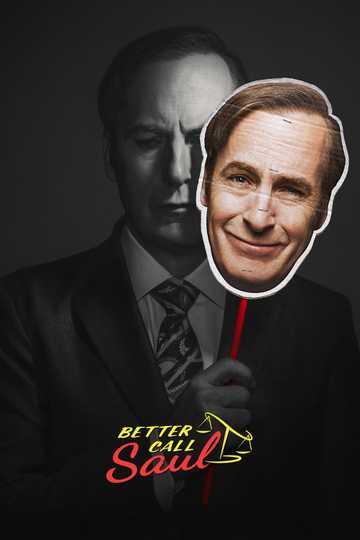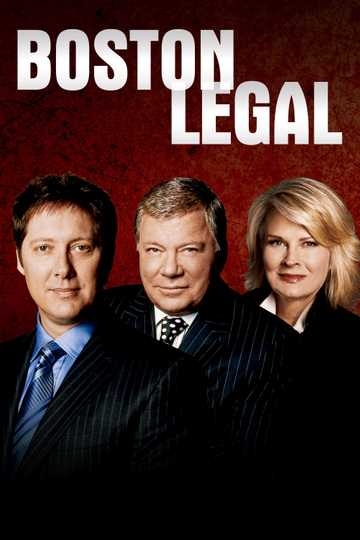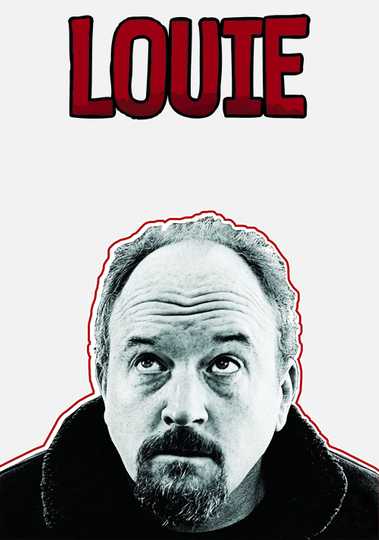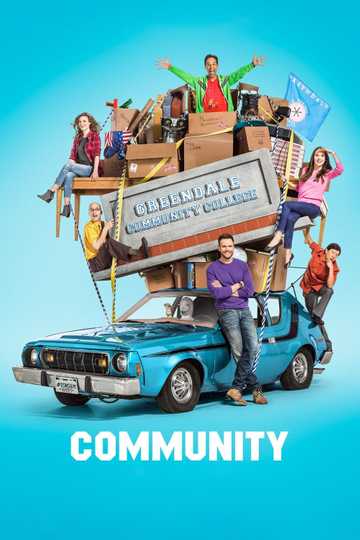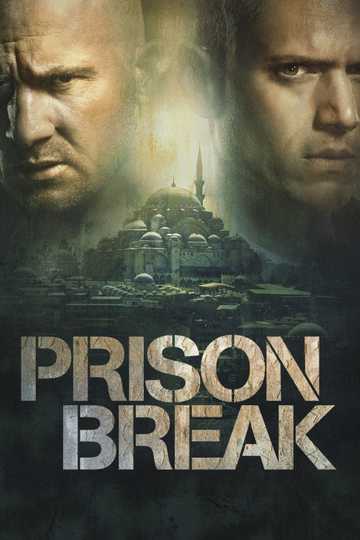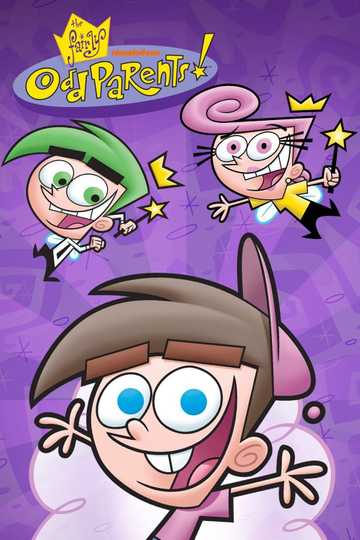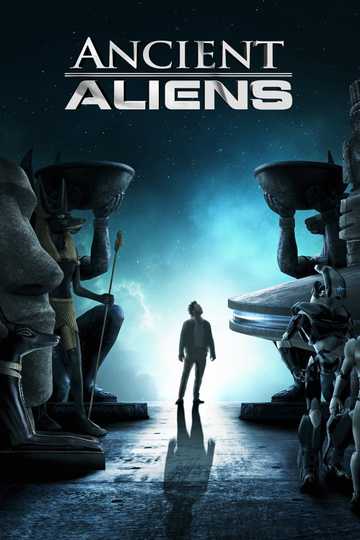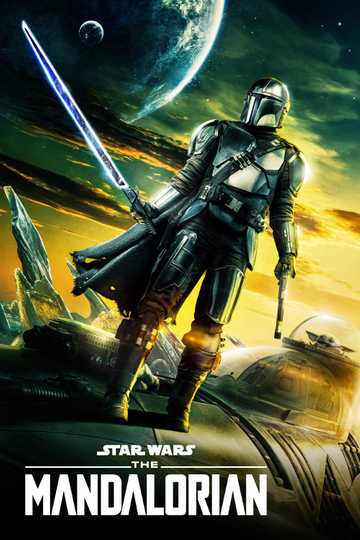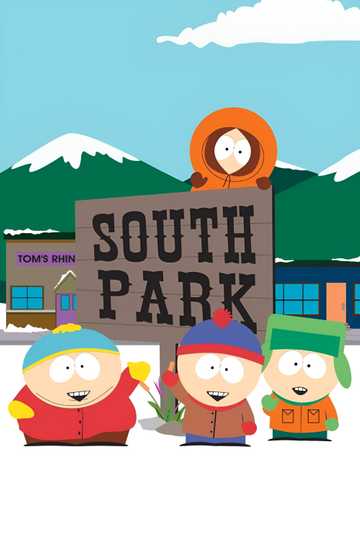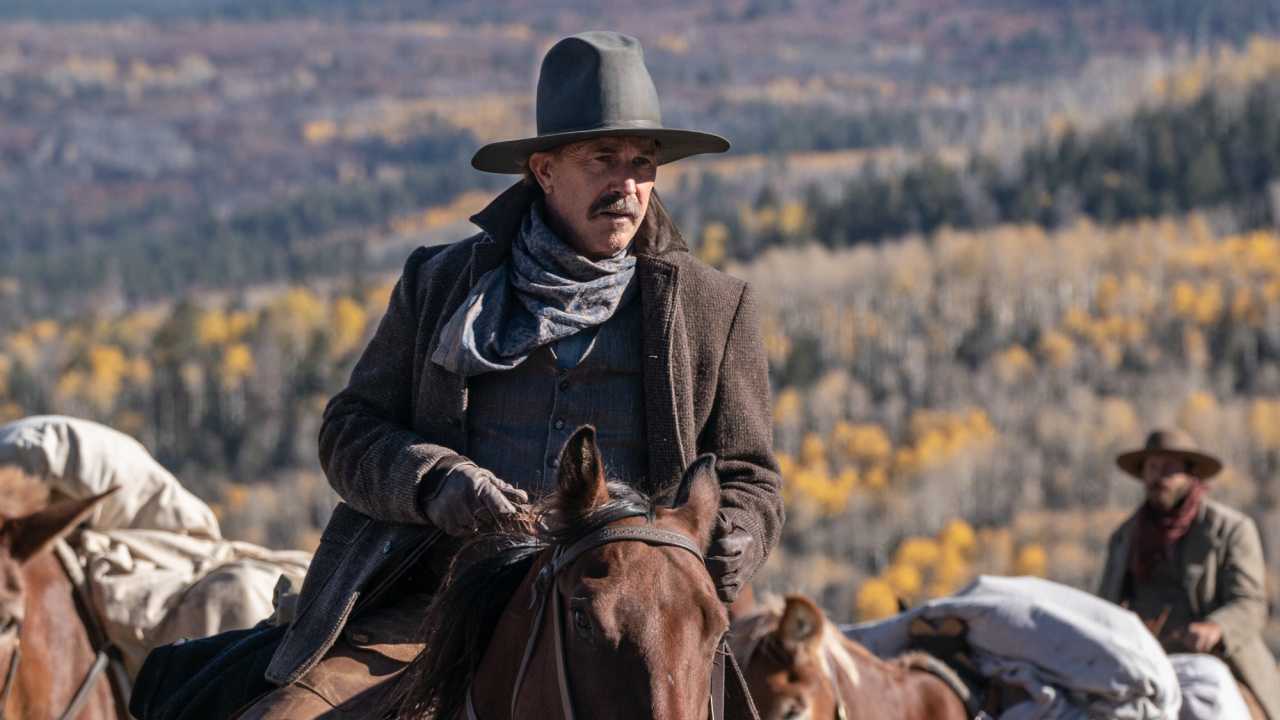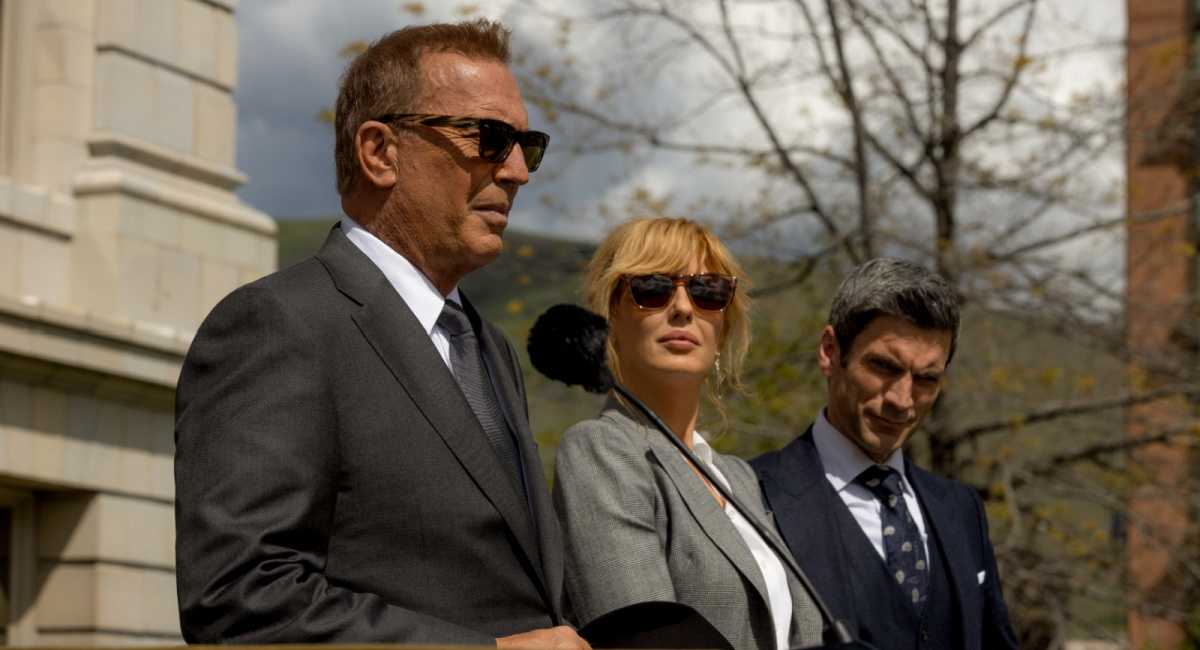2006 Episodes
1. Space Tourists
Is a space tourism revolution just around the corner?
2. Waiting for a Heartbeat
The story of three women as they attempt to overcome the odds and give birth to a baby.
3. A War on Science
Horizon explores a new theory of evolution.
4. The Lost City of New Orleans
The coastline that protects the city of New Orleans is sinking into the ocean. Horizon explores what can be done to save the city if it is worth saving at all.
5. Most of Our Universe Is Missing
Only 4% of our universe is made from stuff we understand. Horizon explores the 96% that is made up of the elusive substance 'Dark Matter'.
6. Winning Gold in 2012
An investigation into the scientific approach to sporting success, as demonstrated by the former East Germany and latterly Australia. British children are already in training for the London Olympics and the programme looks at what it takes to produce a successful modern Olympian.
7. The Woman Who Thinks Like a Cow
The amazing story of Dr Temple Grandin's ability to read the animal mind, which has made her the most famous autistic woman on the planet.
8. The Genius Sperm Bank
The curious tale of an American millionaire optometrist and his dream to save humanity.
9. Bye Bye Planet Pluto
Is Pluto really a planet? Is it just an asteroid? Horizon investigates.
10. We Love Cigarettes
The science series explores varying attitudes to smoking around the world. Filmed in a single day, the documentary meets the people whose lives are defined by the cigarette. Contributors include Allen Carr, who claims he may get viewers to quit by the end of the programme, the inventor of the nicotine patch Dr Jed Rose and Dr Chris Proctor, the chief scientist at British American Tobacco who has the tricky task of making a safer cigarette.
11. Nuclear Nightmares
Horizon explores the topical scientific issues investigates, the truth behind our fear of radioactivity and asks whether our nuclear nightmares really are based on reality. From Hiroshima to Chernobyl scientists have been studying the impact of exposure to radiation for over 60 years and have always assumed that any level of radiation is bad. But now some scientists are questioning the power of radiation to cause cancer and finding evidence to suggest that it may have beneficial health effects.
12. Tutankhamun's Fireball
A team of scientists set out to solve the mystery of chunks of ancient glass scattered in a remote part of the Sahara Desert. Their quest takes them on a perilous journey into the Great Sand Sea, the wastes of Siberia and the test site of the world's first atomic bomb in New Mexico. What their search uncovers is a devastating new natural phenomenon.
13. Survivors Guide to Plane Crashes
Over 90% of plane crashes have survivors. Horizon investigate what you can do to increase your chances.
14. Chimps are People Too
Danny Wallace is on a mission to convince the world that chimps are people are to. If they are should they have the same rights as people?
15. The Worlds First Face Transplant
In 2005, Isabelle Dinoire become the first person to receive a new face. The decision made by French surgeons to perform the operation went against the findings of almost every other ethical committee in the world and has since sparked a fierce debate over the ethics of the operation. In the UK, a team led by Peter Butler struggles to get approval to perform the first full face transplant. Do the risks outweigh the benefits? Are face transplants really in the best interest of the patient? Horizon investigates.
16. Human v2.0
It has been predicted that by 2029 computers will be powerful enough to rival that of the human brain. Will be able to download ourselves into a computer and live forever? Or will a race of super intelligent destructive machines rise. The only thing we know for sure is the moment is coming and whatever it brings is inevitable.
17. The Great Robot Race
20 robotic cars, with no drivers and no remote controls, race across the Nevada desert. Horizon follows 3 teams and their cars as they develop their vehicles.
18. Pandemic
A simple virus that started in the belly of a dead bird is set to embark on a global killing spree. H5N1 - a bird flu virus with the potential to become humanised and mutate into the next pandemic flu virus. Horizon explores what could happen if a flu pandemic hits. The last flu pandemic in 1918 killed an estimated 50 million people worldwide. A virus today can spread much easier, much faster and there are estimates that hundreds of millions could be infected and potentially die.
19. We are the Aliens
Clouds of alien life forms are sweeping through outer space and infecting planets with life – it may not be as far-fetched as it sounds. The idea that life on Earth came from another planet has been around as a modern scientific theory since the 1960s when it was proposed by Fred Hoyle and Chandra Wickramasinghe. At the time they were ridiculed for their idea – known as panspermia. But now, with growing evidence, it's back in vogue and even being studied by NASA. Horizon meets the scientists on a mission to get to the bottom of the beginnings of life on Earth - from the team in Texas who are lovingly building a robotic submarine called DEPTHX to explore a moon of Jupiter, to Southern India where they are investigating a mysterious red rain which fell for two months in 2001. According to local scientist Godfrey Louis, the rain contains biological cells unlike any he had seen before – with no DNA and the ability to replicate at 300°C. Louis has come to the conclusion that the cells are extra-terrestrial in origin.



